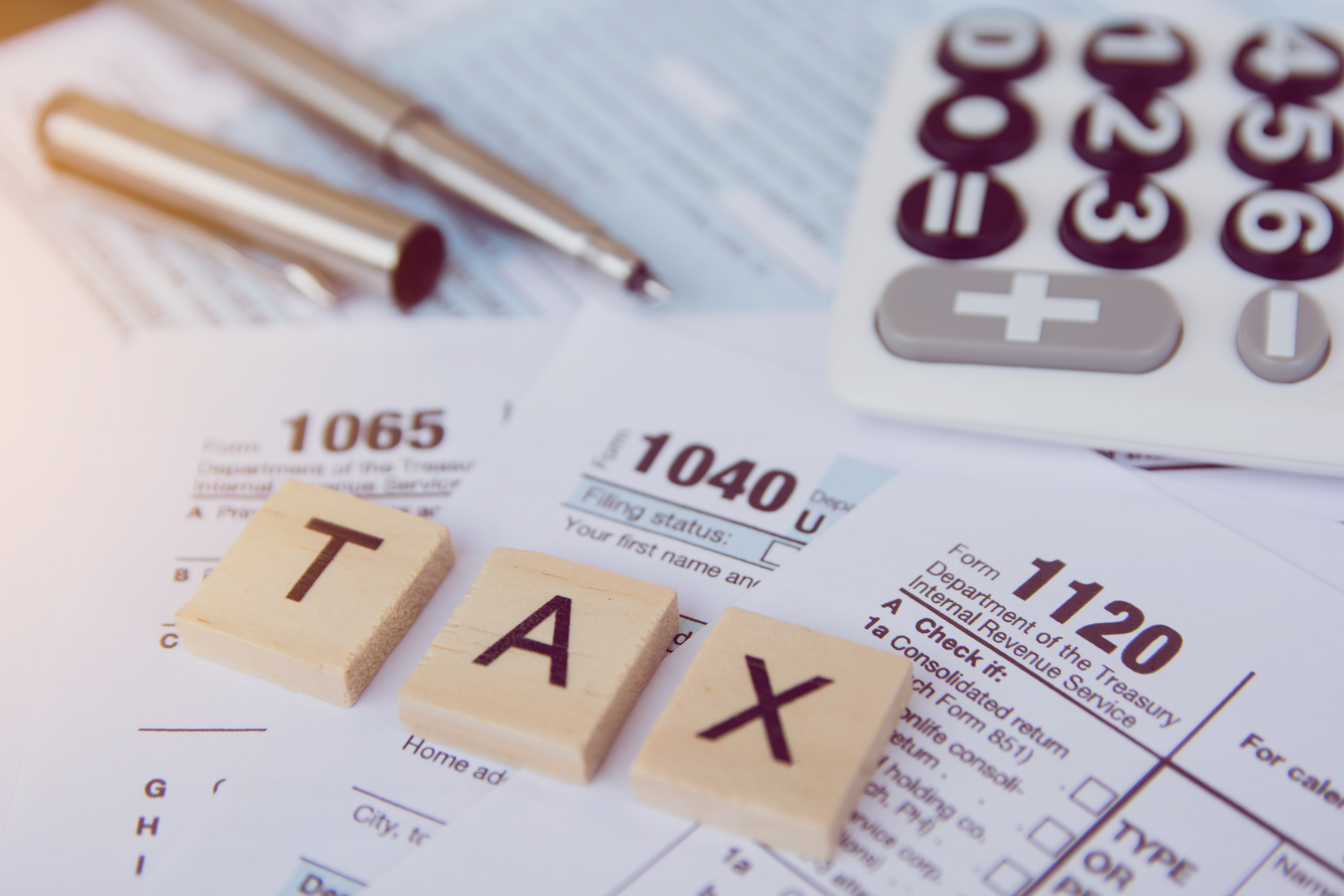Accounting for Rental Properties: 5 Essential Tips for Landlords

It was projected that American landlords were set to make $428 Billion in 2024, a signigicant increase since 2019 when that figure sat at $353 Billion.
With so much money on the line, rental property accounting can feel overwhelming. Whether you’re a new landlord or a seasoned investor, maintaining an organized system to track income and expenses is essential for success in real estate.
In this guide, we’ll share five essential accounting tips that can help you save time, reduce errors, and maximize your profits. Let’s dive in.
1. Separate Your Rental Property Finances
One of the biggest mistakes landlords make is mixing personal and rental property finances.
To stay organized:
- Open a dedicated bank account for your rental income and expenses. Most importantly keep rental income seperated from the security deposits.
- If you own multiple properties, consider separate accounts for each one.
- Use a business credit card for property-related purchases to simplify tracking.
Separating finances streamlines tax preparation and helps you track your profit and loss more efficiently.
2. Automate Rental Property Bookkeeping
Managing rental income, expenses, and payments manually can lead to errors and late payments. Investment property bookeeping, can be easier than you think through rental property accounting automation.
By automating transactions, you can:
- Set up automatic rent collection using digital payment platforms like Zelle, Venmo, or PayPal.
- Use accounting software such as QuickBooks, Stessa, or Rentec Direct to track income and expenses.
- Enable automatic withdrawals for mortgage, insurance, and utility payments.
Most tenants prefer digital payments, making rent collection faster and hassle-free.
3. Stay Ahead of Rental Property Taxes

Rental income is taxable, and being proactive about taxes can save you from last-minute stress.
Here’s what you should do:
- Categorize income and expenses throughout the year to simplify tax filing.
- Use Schedule E (Form 1040) to report rental income and deductions. You can find instructions on the IRS website.
- Track deductible expenses such as property maintenance, mortgage interest, depreciation, and property management fees.
Working with a tax professional can help ensure you maximize deductions while staying compliant.
4. Leverage Property Accounting Tools
There are many property management accounting tools available that make rental property bookkeeping easier.
Here are some landlord-friendly apps to consider:
- Stessa – Tracks rental income and expenses, generates tax reports.
- Buildium – Helps landlords manage finances, lease tracking, and rent collection.
- Expensify – Allows you to digitize and categorize receipts effortlessly.
Using these tools helps reduce human error and ensures you always have accurate financial records.
5. Hire a Property Manager
If rental property accounting feels overwhelming, hiring a property management company can be a game-changer.
At Allegiant Management Group, our team will:
- Handle rent collection and track all financial transactions for you.
- Provide detailed monthly reports on your property’s income and expenses
- Manage tenant relations, maintenance, and marketing, freeing up your time.
By outsourcing property management, you can focus on growing your real estate portfolio rather than getting stuck in bookkeeping details.
BONUS Accounting for Rental Property Tips!
1. Hire an accountant for rental property
2. Make sure its specialized accountant for landlords and rentals
3. Interview multiple accountants
4. Follow accounting best practices for rental accounting
5. Get references from other landlords and investors
Taking Rental Property Accounting Seriously

With these rental property accounting tips, you can stay organized, minimize errors, and boost your rental income. The key is to treat your rental properties like a business—separating finances, automating transactions, and using the right tools.If you need expert property management and accounting assistance, we are here to help.
Final Thoughts
Accounting for rental properties doesn’t have to be overwhelming. By separating finances, automating bookkeeping, and leveraging accounting tools, you can keep your records accurate and stress-free.
Need help managing your rental property finances? Reach out to Allegiant Management Group today. Let us handle the numbers while you focus on growing your investments.
Watch our Video on Maximizing Rental Income with Smart Accounting Solutions
Frequently Asked Questions (FAQs)
1. What accounting method should I use for rental properties?
Most landlords use the cash basis accounting method, where income is recorded when received, and expenses are recorded when paid. However, larger real estate investors may opt for accrual accounting.
2. Can I deduct property management fees on my taxes?
Yes. Property management fees are tax-deductible as a business expense, along with maintenance, repairs, mortgage interest, and depreciation.
3. What is the best accounting software for landlords?
Popular rental property accounting software includes Stessa, QuickBooks, and Buildium. These platforms help track rent payments, expenses, and tax deductions.
4. How should I track rental property expenses?
Use a dedicated business bank account and rental accounting software to track expenses. Digitizing receipts and categorizing expenses regularly will make tax time easier.
5. When should I hire a property management company?
If you’re struggling with bookkeeping, rent collection, tenant issues, or maintenance, a property management company like AMG can save you time and effort while ensuring your rental business runs smoothly.
Share This Post
If you found this guide helpful, share it with other landlords and real estate investors to help them stay on top of rental property accounting.
Disclaimer: This blog is for information purposes only and does not constitute legal, financial, or tax advice. Consult a professional for guidance specific to your situation.



